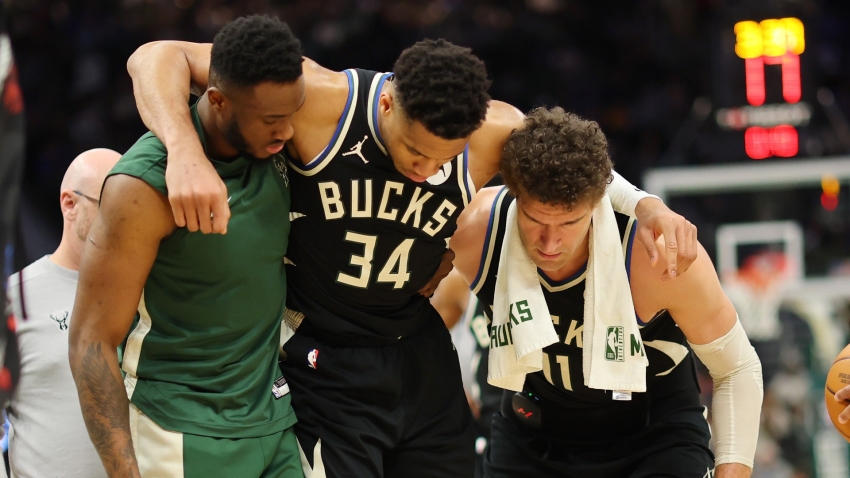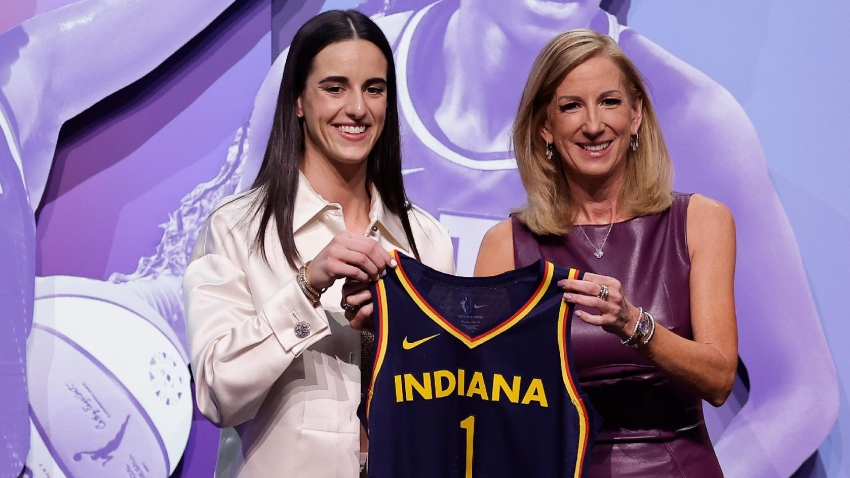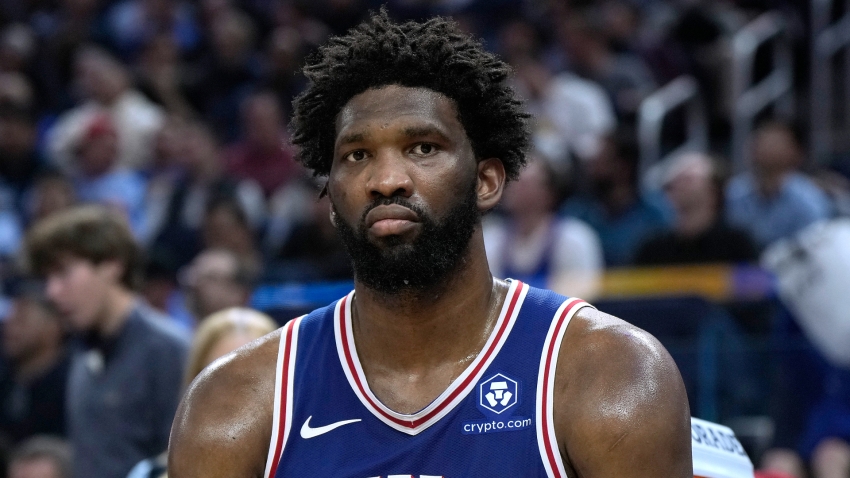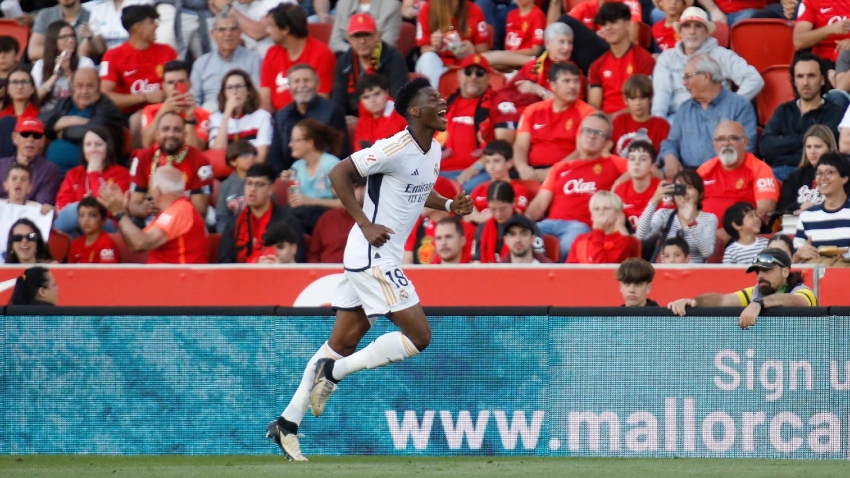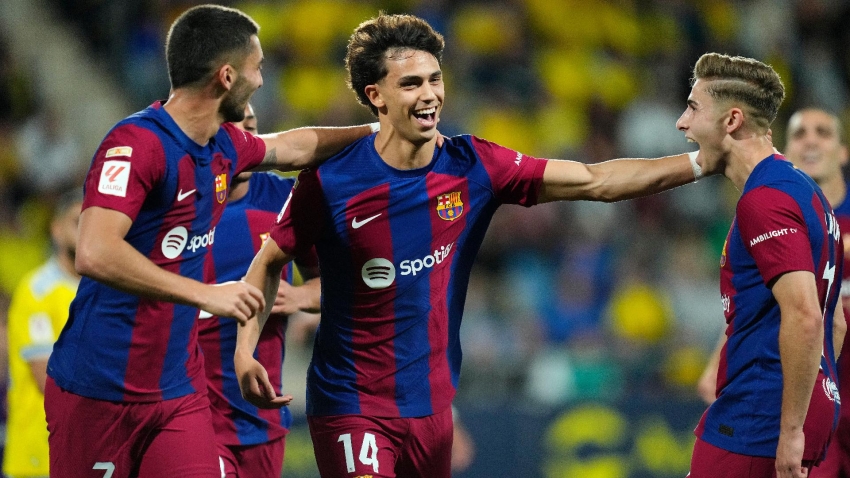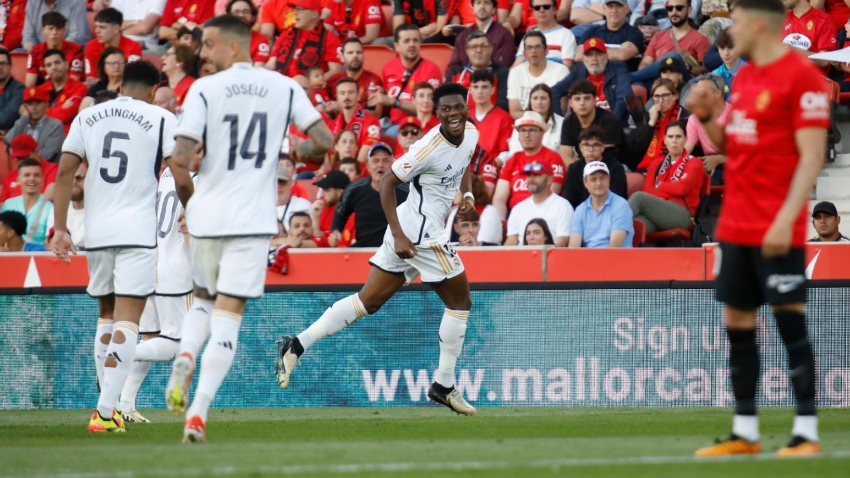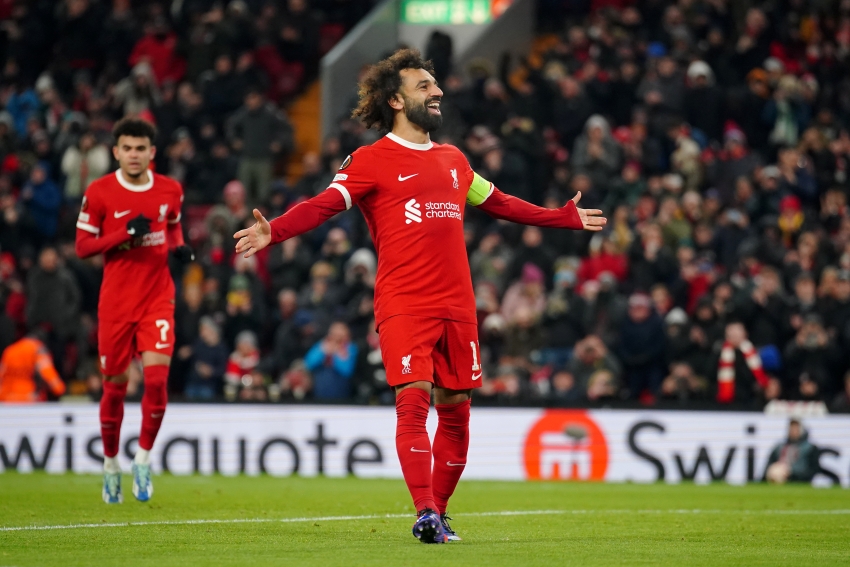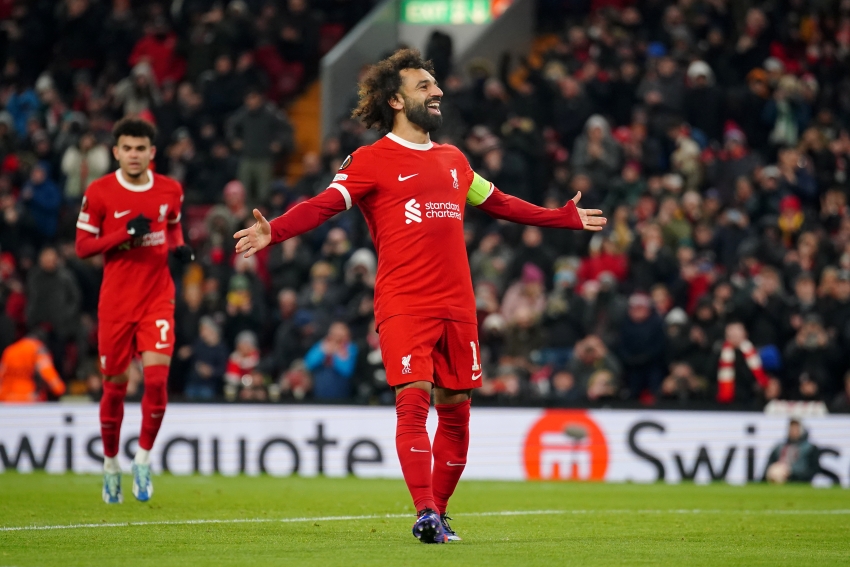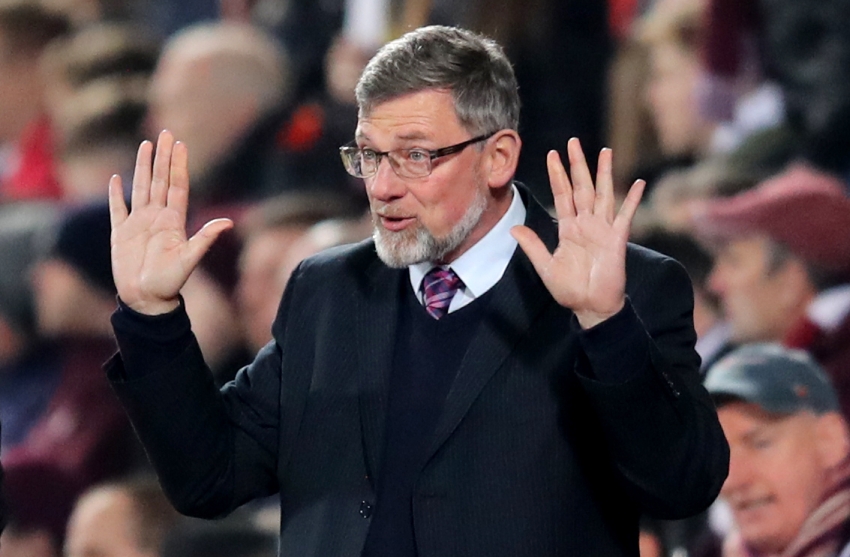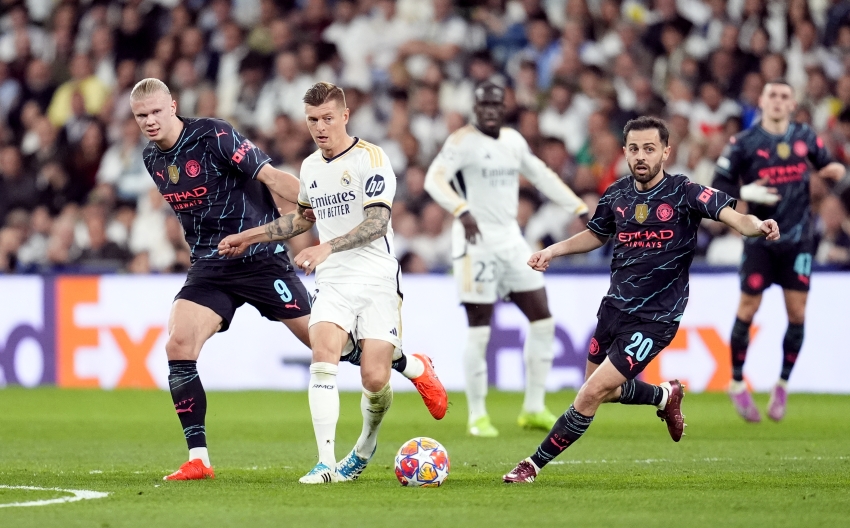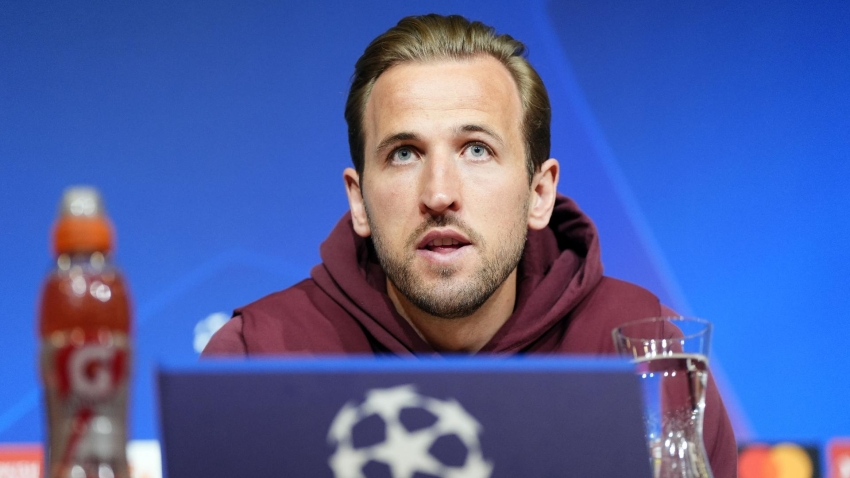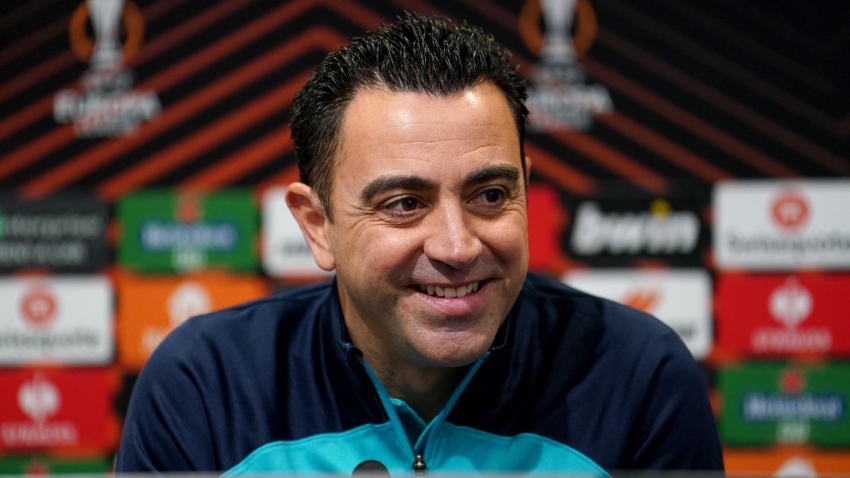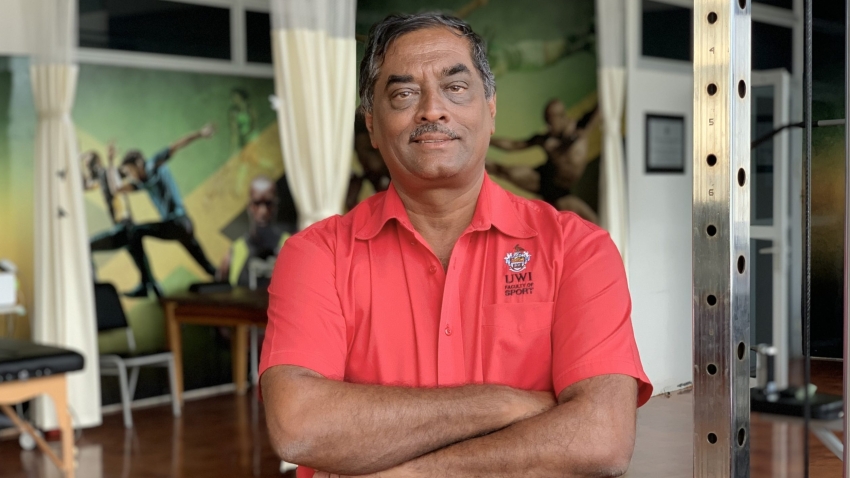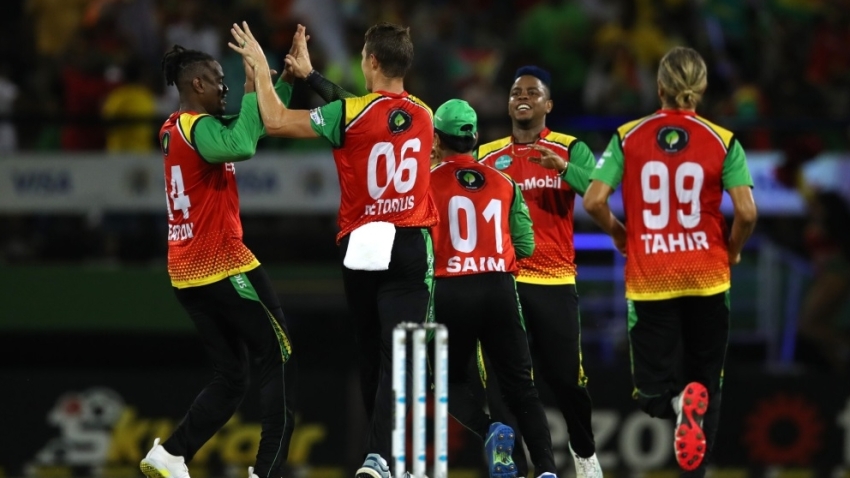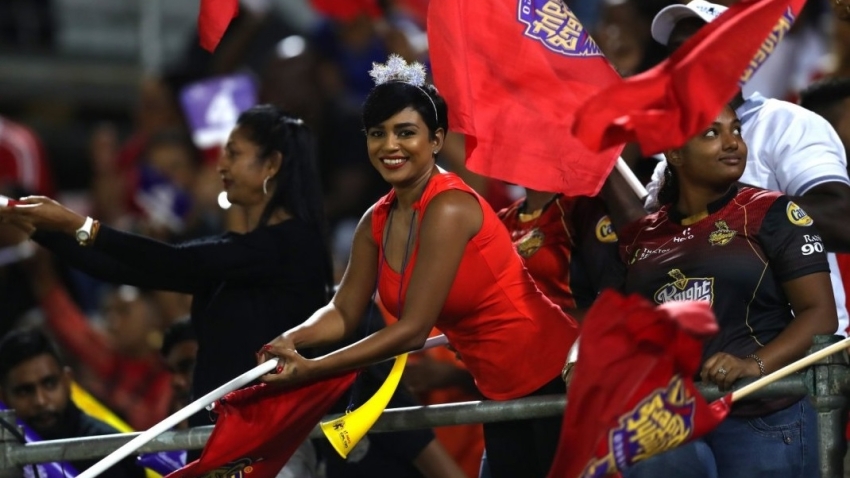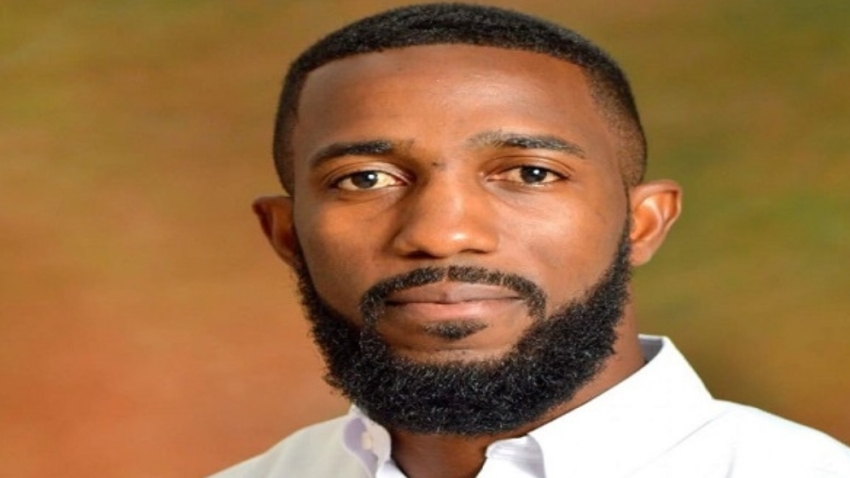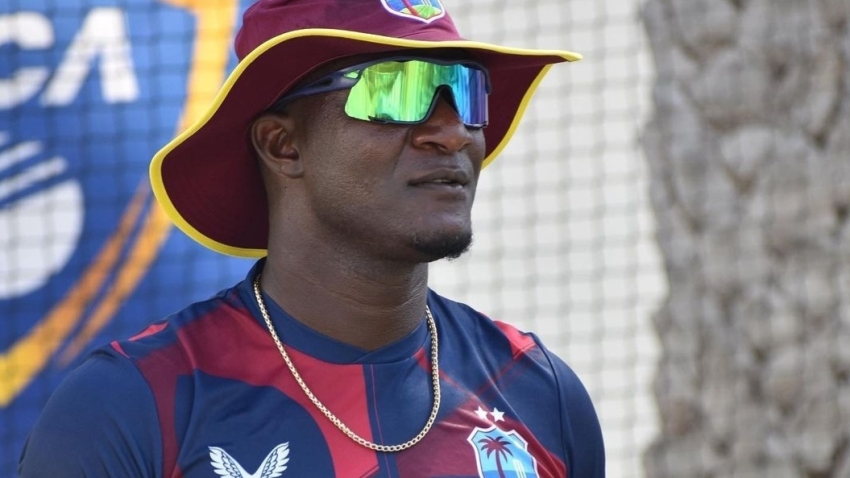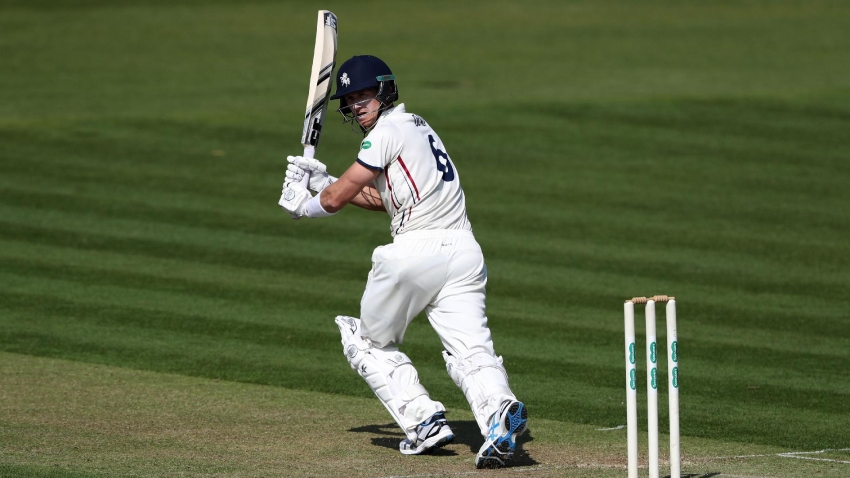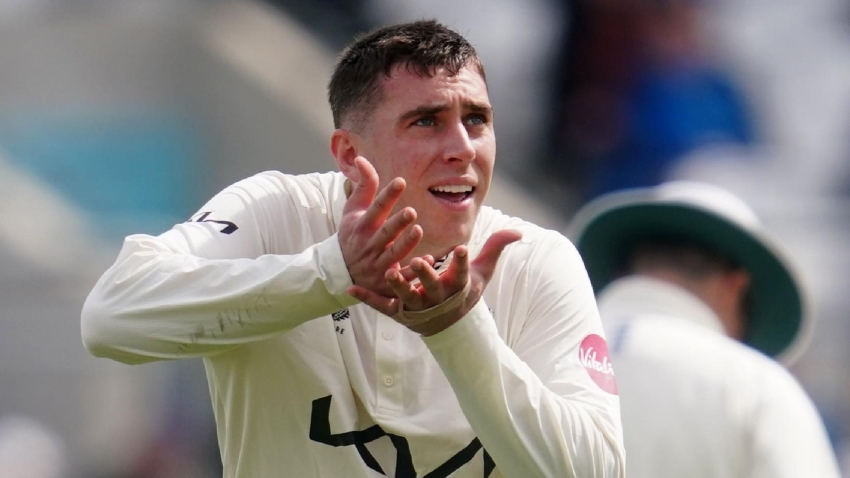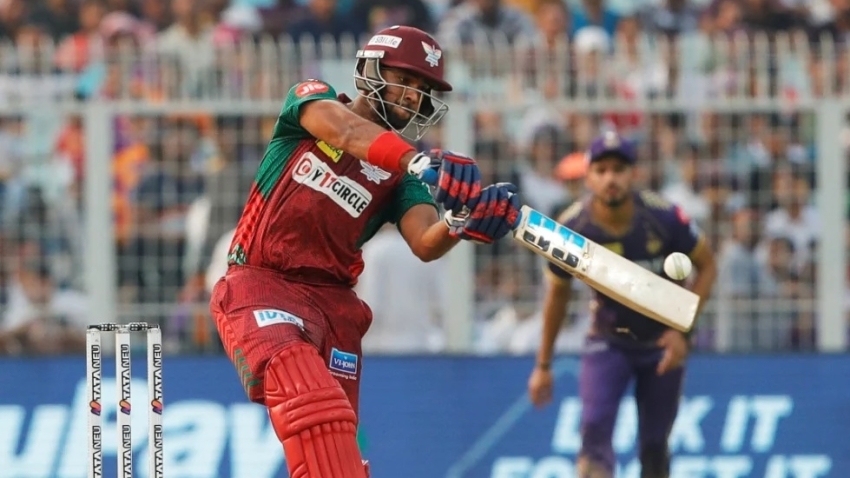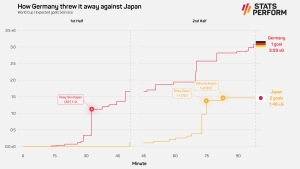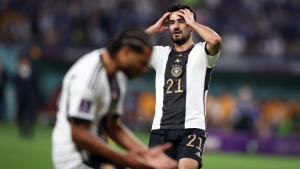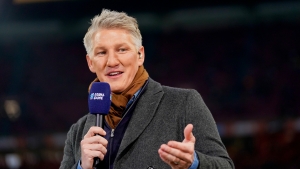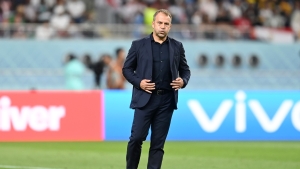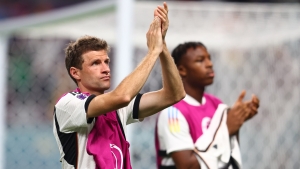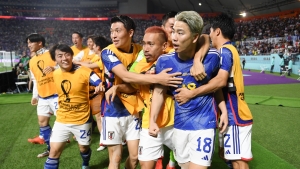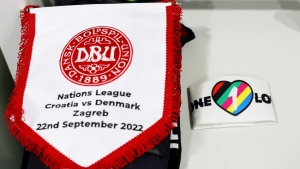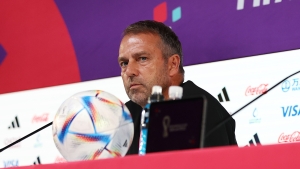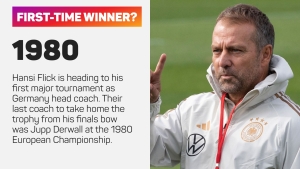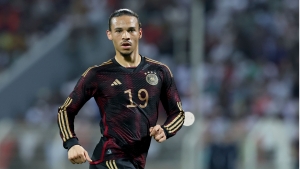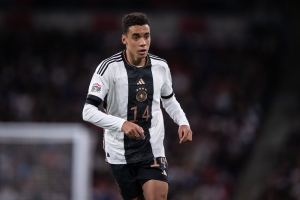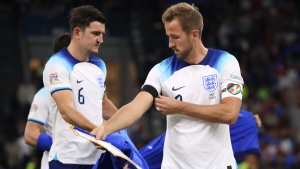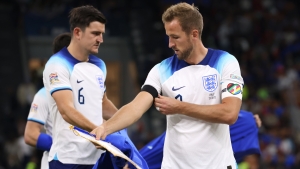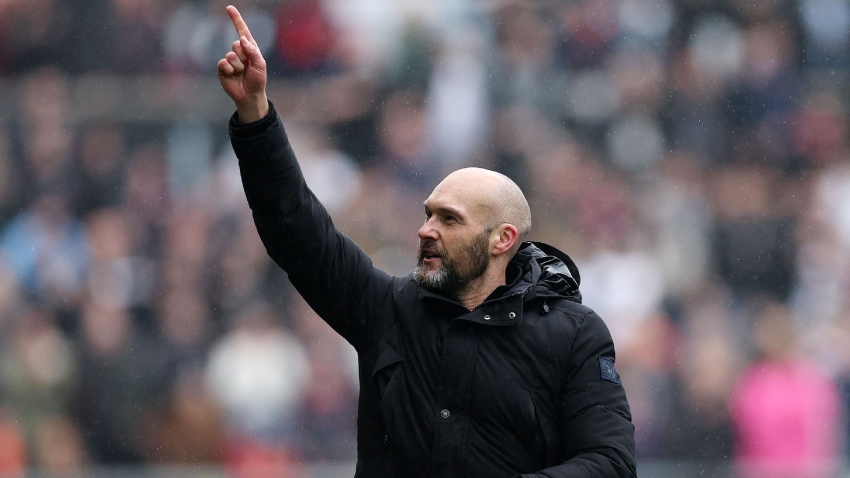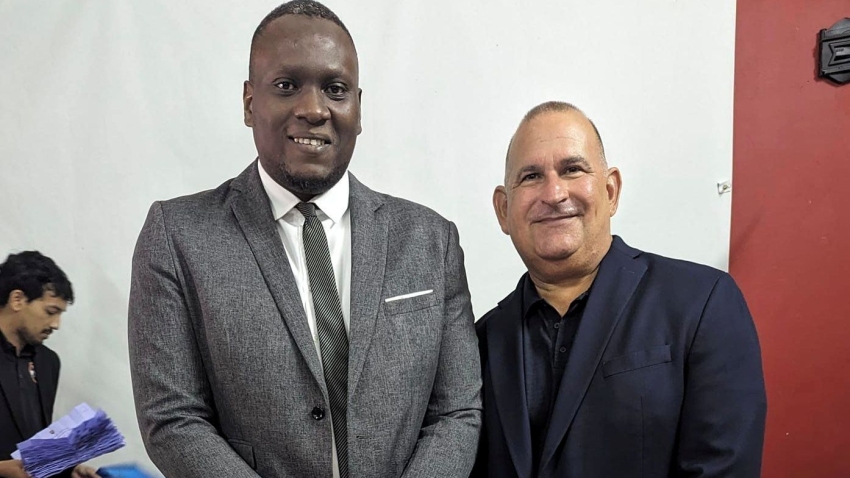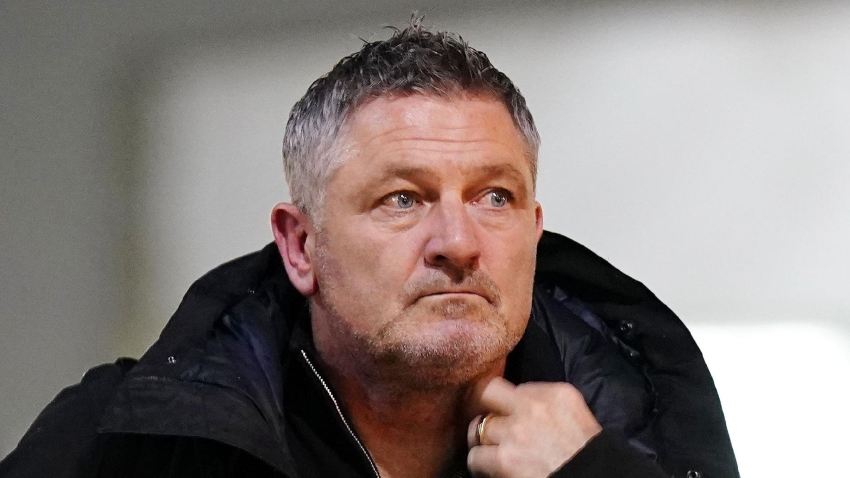Germany coach Hansi Flick refused to hide his frustration at FIFA's decision to ban teams from wearing the OneLove armband at the World Cup.
The OneLove campaign, which promotes "inclusion and sends a message against discrimination of any kind", grew in significance ahead of the tournament in Qatar, partly due to the host country's criminalisation of homosexuality and poor human rights record.
Germany were one of seven European nations to back the initiative, which involved captains wearing special armbands featuring a multi-coloured heart.
The move was shelved on Monday after it emerged FIFA was set to impose "sporting sanctions" on the teams involved, with the expectation being that captains would be booked at kick-off for wearing the armband.
While FIFA has been criticised for seemingly opposing an anti-discrimination gesture, teams have also been slammed for lacking the bravery to proceed regardless of sanction threats.
Although Flick did not address the criticism of the teams, he did express regret regarding FIFA's decision.
"About the armband, together with the DFB [German Football Association] and the other countries, we wanted to do this to take a stand, and then what happened is FIFA threatened us with sanctions and the associations were told [on Monday] at short notice," Flick told reporters ahead of Wednesday's Group E opener against Japan.
"If you want to run a campaign as a group, you should stick to decisions.
"Of course, it's a shock for the team to not do it, it was a sign of human rights and diversity. And the way I treat my team, the values I and the team represent, well all of that is based on mutual respect, mutual appreciation, that's just part of life. I expect that from everyone.
"There are some parties involved who think differently. We wanted to embody our values."
Regarding the threat of a potential instant yellow card, Flick said: "We talked about it, a yellow card can happen. If [Joshua] Kimmich then has to leave pitch, we have options. However, it was unclear and the mere threat of sanctions was difficult for us, especially because it was so short notice before the England and Netherlands games, that's when the decision was communicated.
"We didn't have time to react, the federations decided to take responsibility off the players' shoulders and that's why the situation is what it is now.
"I'm sorry we can't be here and take a stand for human rights, apparently."
Midfielder Kimmich largely echoed the sentiment of his coach, expressing shock at Monday's announcement.
He also questioned how much players should be expected to use their platforms to fight for social causes, pointing out that ultimately they are in Qatar to play football.
"Eventually there was a decision of the DFB, a decision supported by everyone: England and all the other teams," Kimmich said.
"Generally speaking, I was quite surprised because a few weeks ago when we discussed the armband, I felt people were criticising it. A lot of people thought it was pointless, a fig leaf, but I think it was a strong stance to take.
"We as players, and the DFB, have addressed the issues and problems. We had a campaign on human rights, and in Nepal we'll work on donations for supporting people. I think we're good at pointing out things around the world that are not going well, but now we concentrate on the football.
"On Qatar being awarded the World Cup, it was 12 years ago, I was 15, now I have to keep making statements.
"We are all very aware. Time and time again we have had the opportunity to point out mistakes and issues in the world, but we have to be honest as well, here we don't learn enough about what's going on in the world because we are busy training, playing games. You [the media] have the opportunity to go out and see.
"I think it's important us as players to take advantage of our platforms to point out wrongs, but we also have to focus on the game regardless of where the World Cup is hosted.
"It's the greatest competition out there for footballers. It's every boy's dream to participate in it. I think a lot of people tried to convince us we shouldn't be looking forward to it, many at home aren't excited, but I should be able to look forward even if it's here."


